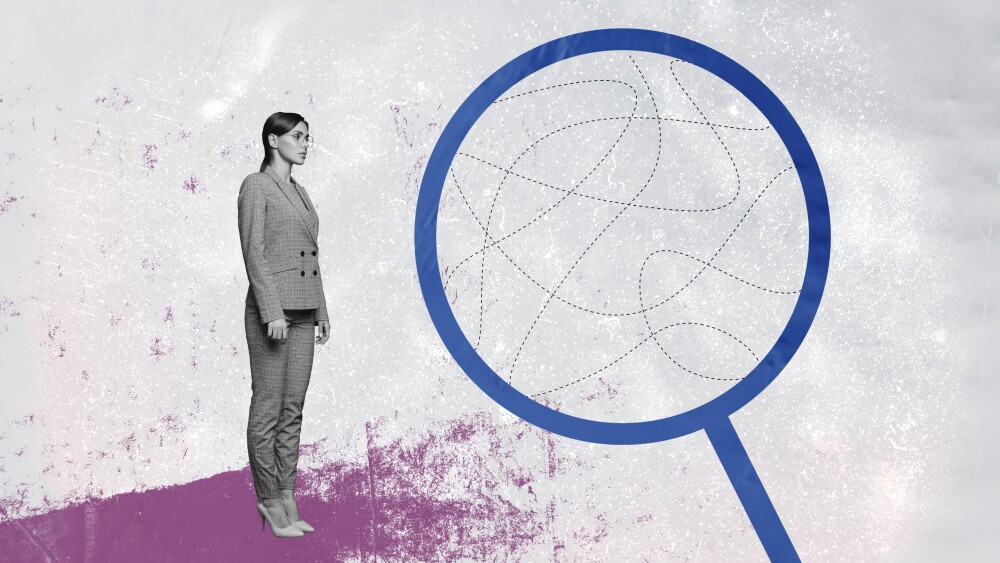Highlights of the study:
- Elderly (median age 72 years) poor risk patient group, approximately half (52%) of whom had AML refractory to their last treatment prior to starting tosedostat
- Fifty-one percent (51%) of patients experienced disease control with 22% achieving a major leukemic response: 12% of patients achieved a complete (CR) bone marrow responses
- While responses were observed across all types of prior AML therapy, 36% of patients who had failed treatment with hypo-methylating agents (HMAs) achieved a response, similarly 37% of patients with secondary AML from prior myelodysplastic syndrome (MDS) achieved a response, suggesting this population is potentially highly sensitive to tosedostat anti-leukemic activity
- Median overall survival for patients achieving a CR was 323 days, Partial Response (PR) 195 days, Stable Disease (SD) 162 days
- Tosedostat was well tolerated with most frequent grade >3 side effect being diarrhea (4%), fatigue (21%), and febrile neutropenia (29%)
The results demonstrate that once-daily oral tosedostat has encouraging anti-leukemic activity in poor risk elderly patients that had prior myelodysplatic syndrome (MDS) or had previously failed treatment with hypomethylating agents (HMAs). Based on these results CTI and Chroma are currently planning a phase III study in patients with high risk MDS or secondary AML who have failed to respond adequately to HMAs. CTI and Chroma currently expect to initiate the study in the second quarter of 2012.
"The final study results demonstrate that oral once daily tosedostat given for up to 6 months as a single agent was well tolerated and produced encouraging durable response rates in high risk patients and, if confirmed in additional trials, tosedostat could address a serious unmet medical need for a new, well tolerated agent in this patient population. The observed 37% overall response rate in patients with secondary AML and prior MDS suggests that this would be an appropriate population for a phase III trial," stated Dr. Cortes. "The unique mechanism of action of tosedostat and prior data on potential synergies with other therapies may in the future lead to additional studies in combination with standard therapy in both AML and high risk MDS."
The phase II study enrolled 73 patients randomized to two treatment arms: tosedostat dose120 mg once daily for six months or 240 mg once daily for two months followed by 120 mg once daily for four months. The median age of the patients was 72 years old. Prior primary induction therapy for AML included 63% of the patients treated with Ara-C plus anthracycline or other Ara-C regimens, 34% of the patients treated with HMAs and 3% of the patients treated with other regimens. Fifty-two percent had been refractory to primary induction therapy. The overall response rate to tosedostat was 22% and was similar between treatment arms. High response rates and longer overall survival were observed in patients who previously received HMAs or initially were diagnosed with MDS with overall response rates of 36% (9/25) and 37% (7/19) respectively. Tosedostat was generally well-tolerated, with the majority of adverse reactions of grade 1 and 2. The most common treatment-related serious adverse event was febrile neutropenia reported in 29% of patients.
The presentation from the conference is available at www.celltherapeutics.com/investor_updates.
About Tosedostat
Tosedostat is an oral, AADR inducer that has demonstrated significant anti-tumor responses in blood-related cancers and solid tumors in phase I-II clinical trials. CTI has exclusive marketing and co-development rights to Chroma Therapeutics Ltd.'s drug candidate tosedostat in North, Central and South America.
About Cell Therapeutics, Inc.
Headquartered in Seattle, CTI is a biopharmaceutical company committed to developing an integrated portfolio of oncology products aimed at making cancer more treatable.
Sign up for email alerts and get RSS feeds at our Web site, http://www.CellTherapeutics.com/investors_alert
This press release includes forward-looking statements that involve a number of risks and uncertainties, the outcome of which could materially and/or adversely affect actual future results and the trading price of CTI's securities. Specifically, the risks and uncertainties that could affect the development of tosedostat include risks associated with preclinical and clinical developments in the biopharmaceutical industry in general and with tosedostat in particular including, without limitation, the potential failure of tosedostat to prove safe and effective for the treatment of AML, the potential failure of combination studies of tosedostat with hypomethylating agents in treating AML and/or MDS, determinations by regulatory, patent, and administrative governmental authorities, competitive factors, technological developments, costs of developing, producing, and selling tosedostat, and the risk factors listed or described from time to time in CTI's filings with the Securities and Exchange Commission including, without limitation, CTI's most recent filings on Forms 10-K, 8-K, and 10-Q. Except as may be required by law, CTI does not intend to update or alter its forward-looking statements whether as a result of new information, future events, or otherwise.
Media Contact:
Dan Eramian
T: 206.272.4343
C: 206.854.1200
E: deramian@ctiseattle.com
www.CellTherapeutics.com/press_room
Investors Contact:
Ed Bell
T: 206.282.7100
Lindsey Jesch Logan
T: 206.272.4347
F: 206.272.4434
E: invest@ctiseattle.com
www.CellTherapeutics.com/investors
Medical Information Contact:
T: 800.715.0944
E: info@askarm.com
SOURCE Cell Therapeutics, Inc.




